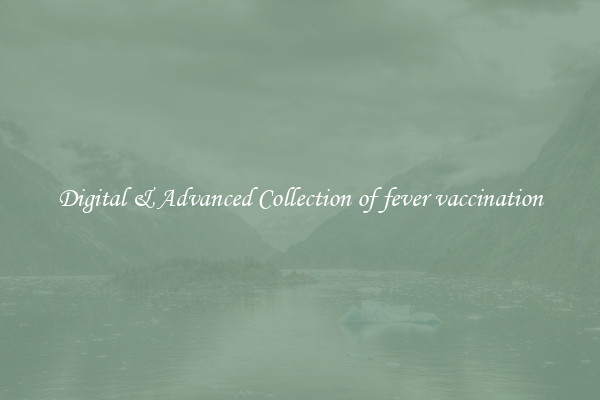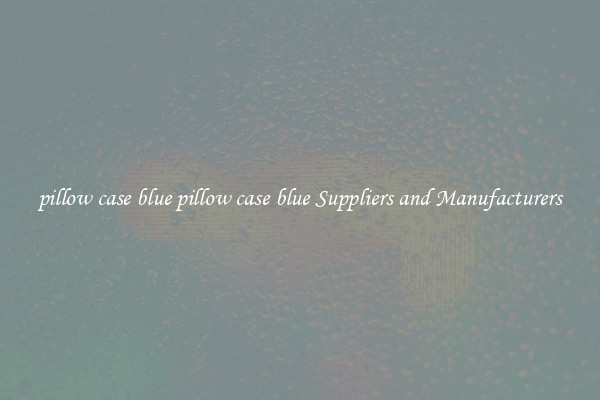Digital & Advanced Collection of fever vaccination
Digital & Advanced Collection of Fever Vaccination

With the rise of digital technology and the rapid advancements in healthcare, there has been a significant shift towards digitizing various aspects of medical processes. One such area that has seen a notable transformation is the collection of fever vaccination records. Digital and advanced methods of collecting and storing this crucial data have proven to be more efficient, accurate, and convenient.
Traditionally, fever vaccination records were maintained manually in physical documents, which posed several challenges. These records were often difficult to track and locate, leading to countless hours wasted in searching for relevant information. Additionally, the manual process increased the likelihood of errors, such as misinterpretation of handwriting or misplacement of records.
However, with the adoption of digital and advanced collection methods, these challenges have been mitigated. Digital platforms and electronic health records (EHRs) have revolutionized the fever vaccination collection process. Doctors and healthcare providers can now easily access and update vaccination records at a click of a button. This not only saves time and effort but also reduces the chances of errors.
Furthermore, digital collection methods allow for quick and efficient data analysis. Healthcare professionals can easily analyze the trend of fever vaccinations across a specific population, which can be immensely helpful in formulating preventive strategies and identifying outbreaks. This data-driven approach enables healthcare providers to make informed decisions and better allocate resources.
Moreover, digital platforms also enable seamless integration and sharing of data among healthcare providers. This ensures a patient's fever vaccination history is readily available, regardless of the healthcare facility they visit. This interoperability promotes continuity of care, as healthcare professionals have access to the most up-to-date information, thus enabling better diagnosis and treatment.
Another significant advantage of digital and advanced fever vaccination collection is the ability to automate reminders and notifications. Patients can receive timely reminders about their upcoming vaccinations through automated systems, reducing the risk of missed vaccinations. This proactive approach ensures that individuals are well-informed and adhere to vaccination schedules, contributing to better overall public health.
Furthermore, advanced collection methods also offer greater security and privacy. Medical data is sensitive and needs to be protected from unauthorized access. Digital platforms employ robust security measures, such as encryption and authentication protocols, to safeguard patient information. In addition to improved security, these platforms also adhere to strict privacy regulations, including the General Data Protection Regulation (GDPR), ensuring patient confidentiality.
In conclusion, the digitization and advanced collection of fever vaccination records have transformed the healthcare landscape. These methods have revolutionized the way data is collected, stored, and shared, resulting in increased efficiency, accuracy, and convenience. With these advancements, healthcare providers can provide better care, make data-driven decisions, and promote public health effectively.

View details

View details

View details

View details








